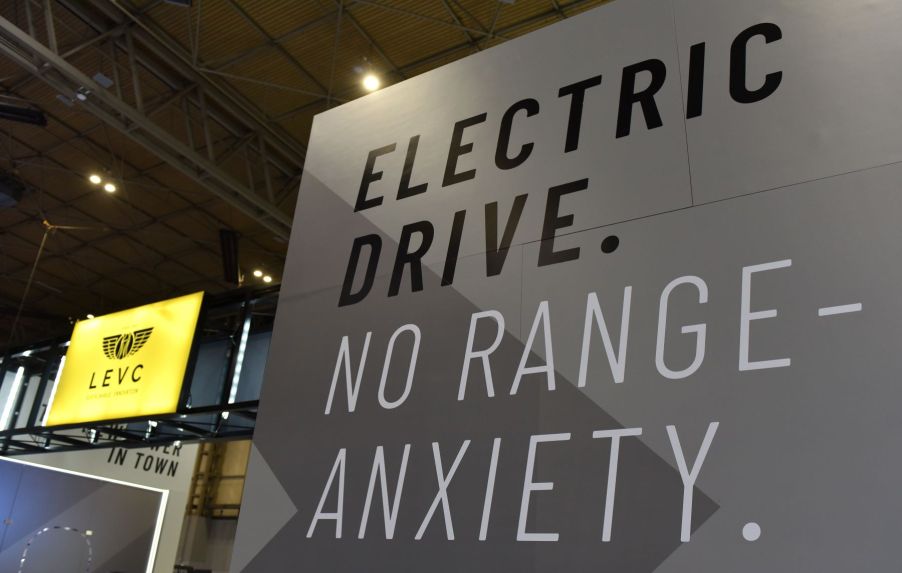
How Much of a Daily Driving Commute Makes Buying an Electric Vehicle a Bad Idea?
EVs seem to be the cars of the future, and while EVs can do a lot to tackle climate change, there is one big issue facing electric vehicle customers right now. Most EVs don’t have that much range, which can lead to EV owners getting a bad case of range anxiety. That said, not everyone needs to have range anxiety, so here’s a look at how much daily driving will be too much for those thinking of buying an EV.
How much range electric vehicles get nowadays

Obviously, the electric vehicle market is still growing, and every year there will be new EVs with new capabilities entering the market. As a result, the range of an EV will vary a lot. For example, small and cheap EVs like the Nissan Leaf get about 150 miles of range, while more expensive EVs like the Tesla Model S can get over 400 miles.
Most EVs, however, are somewhere in between those two extremes. The current average range is about 200 to 250 miles, but that number is projected to grow. As battery tech advances, more powerful batteries should become available at lower prices, allowing the average person to afford an EV that gets 300 miles or 400 miles on a single charge.
Here’s when you shouldn’t be anxious about your EV’s range
In the meantime, many electric vehicle customers are anxious about the current range of EVs, as they fear that they’ll run out of juice at the wrong time. Fortunately, according to CNET, the average American driver will probably be fine with the average EV right now. That’s because the average person drives about 40 miles a day, and most trips that Americans take aren’t to work but rather for errands and other shorter drives.
As a result, even an EV with a mere 200 miles of range won’t need to be recharged to full very often. Folks with a higher range EV, such as one that can get 319 miles on a single charge, would only need to be recharged to full once every six days. That’s before mentioning the fact that many EV owners can and will recharge their EVs at home overnight.
So, unless your daily commute is huge and eats up much of your EV’s range in one trip, most EV owners probably shouldn’t have range anxiety. The average person doesn’t drive enough for their EV to spontaneously run out of power at a bad time. However, there’s a catch, and that catch has to do with where you can recharge your EV.
Electric vehicle charging stations will be a big factor, though
Many people interested in electric vehicles won’t have consistent access to a charging station for one reason or another. Not everyone owns a home, and not every apartment building has charging stations. Folks in these situations are right to have some range anxiety.
CNET says that if you don’t have consistent access to a charging station, you should look for a high-range EV or get a PHEV instead. PHEVs are still clean, but they have a much higher overall range thanks to their hybrid nature.
Folks who own a home but still have range anxiety should consider getting a Level 2 home charger. This will significantly cut down the time it takes for your EV to recharge. This means that even if you have a significant commute every day, as long as you plug your EV in and recharge it every night, it should have enough juice for that commute.


